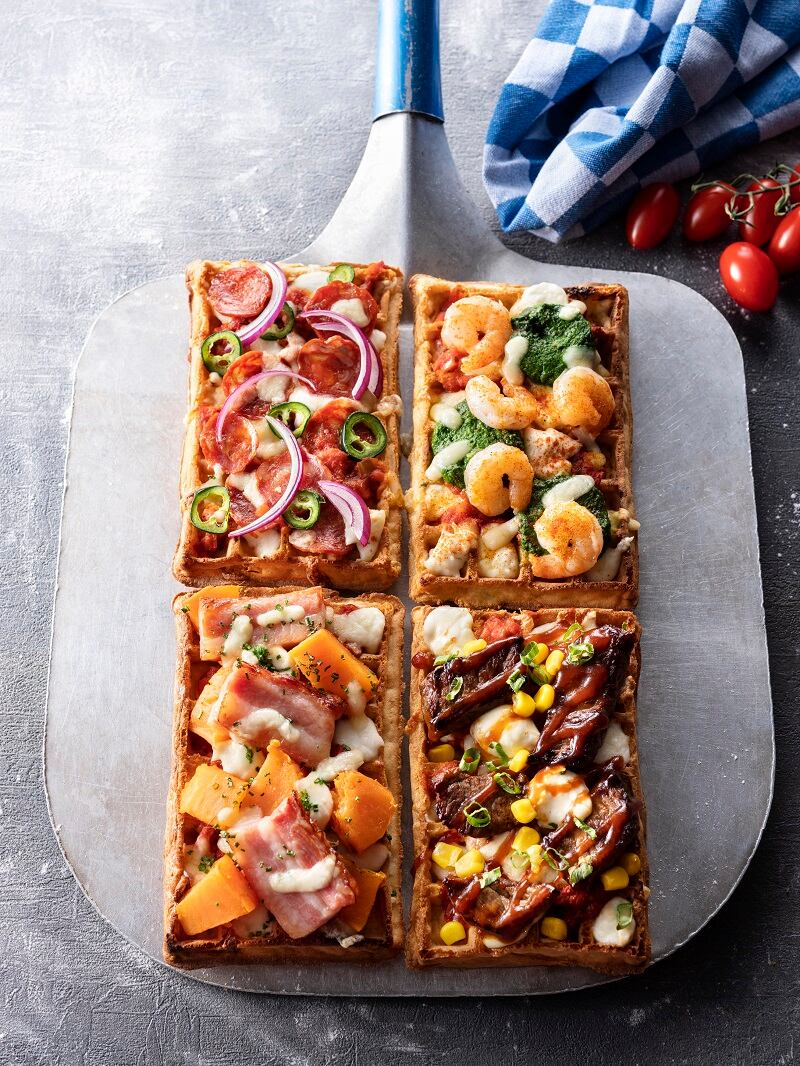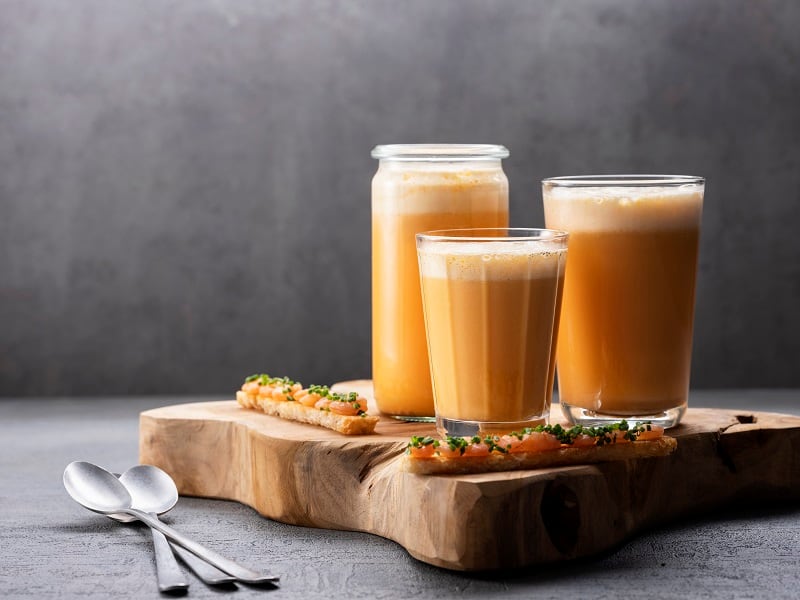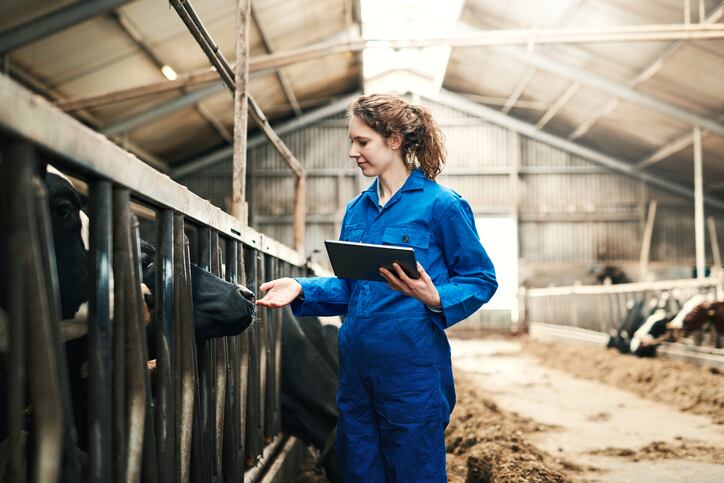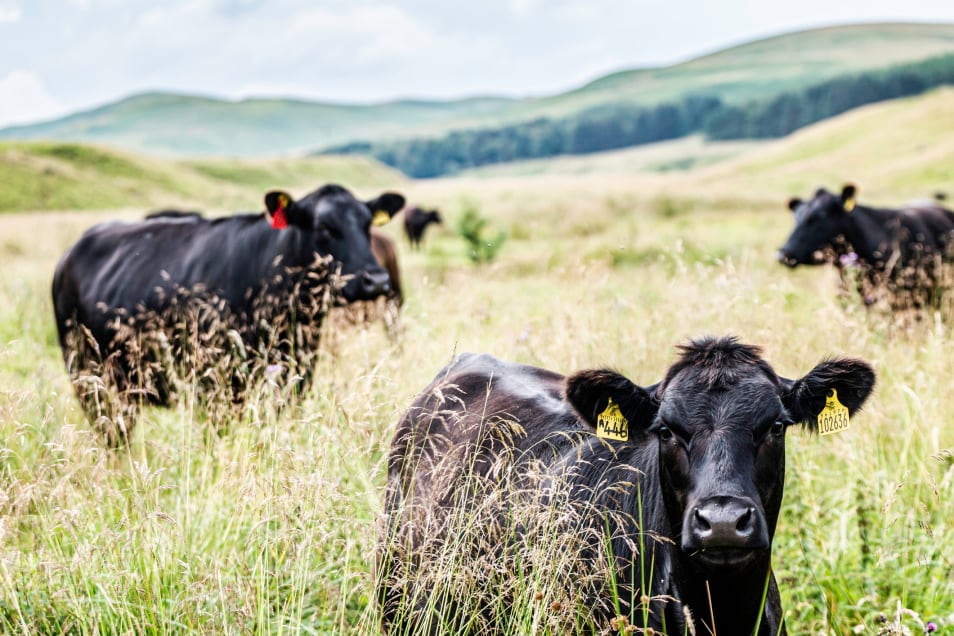The 2023 Trend Report claims to explore new grounds through insights and recipes for dairy and non-dairy solutions in the product groups cream, cheese, milkfat and encapsulates such as creamers and whipping agents. Besides three macro trends, the report identifies eight elemental micro-trends that are translated into meaningful solutions for industrial scale production. Based on data and industry insights, the trend report elaborates on consumer needs and market trends for 2023 with input from technical experts as well as experts in sustainability and innovation.
Trend 1: 'Weastern' wonders
Where culinary influences from the West and East meet, “they flourish on one plate and let consumers travel the world through their taste buds”, the report revealed. New and innovative food ideas allow continents to connect over dishes. For instance, the refinement of Japan and the innovativeness of Korea can be combined with the traditional techniques of the French and the classics of Italy. Across the world, ‘Weastern’ is emerging as an exciting new cuisine, also on industrial scale, it said. “It is without a doubt a trend that is here to stay with the growing appetite for hybrid creations - familiar dishes with an unexpected twist.”

Trend 2: Blended benefits
Consumer concern about their ecological footprint and their own health is real, the report said. Demand for plant-based is evolving, however, and a trend on the rise is combining dairy with plant-based ingredients to deliver great taste and nutrition. They illustrate a soft, moist Basil Velvet Cake combines the best of both worlds using a butter blend that provides the goodness and taste of fresh creamy butter combined with sustainably sourced vegetable fats. The result, according to FrieslandCampina, is a “delicious and versatile way to incorporate vegetables into the diet and reduce dairy intake”.

Trend 3: Sensory novelty
Consumers are increasingly on the lookout for new sensational food experiences that can activate their senses like never before, according to the company. This trend sees contrasting flavours, textures and temperatures, brought by completely new versions of edibles and peculiar food ideas that make eating a whole new adventure.
A ‘Soupaccino’, for example (pictured above), provides an exciting play on texture with a soup topped with cappuccino foam.
"The food industry has to continue to adapt and evolve to meet the changing needs of consumers and the market,” said Jules Kramer, Global Marketing Director Industry at FrieslandCampina Professional. “From sustainable sourcing and plant-based options to advancements in technology, the food industry is poised for innovation and growth in 2023.”
Precision fermentation
The trends report comes after FrieslandCampina Ingredients entered a partnership with the US-based specialist biotechnology company Triplebar to develop and scale up the production of cell-based proteins using precision fermentation.
FrieslandCampina said the deal signals its intent to develop ‘innovative and futureproof protein solutions’ with the potential to improve human health.
The partnership will produce microbial cells through precision fermentation that can create bioactive proteins that support human health and nutrition in early life and adulthood, it announced. The ambition of both companies is to make high quality proteins for various applications at scale and with a limited land, water and energy footprint.
FrieslandCampina Ingredients has been using precision fermentation since 2016 to produce human milk oligosaccharides (HMOs). The company said it will leverage its unique combination of protein experience alongside its innovation, processing and technical expertise to produce highly nutritious, alternative protein solutions using the latest precision fermentation technology.
“Precision fermentation is a fast-developing technology that will shape the future of the food and nutrition industry,” said Anne Peter Lindeboom, Managing Director Innovation at FrieslandCampina Ingredients. “Dairy ingredients will continue to play a vital role in the future of nutrition as a source of high-quality proteins and prebiotics and these remain our core offering. At the same time, we are continuously exploring new ways that technology and nature can be harnessed to support consumers with special dietary needs – at every stage of life. Together, I’m certain that FrieslandCampina Ingredients and Triplebar will accelerate the use of precision fermentation as a nutritious and sustainable source of protein. By offering a full range of dairy and alternative proteins side by side, we aim to give people access to the nutritional solutions they need now and for generations to come.”
“We need to leverage science and technology to make high-quality food affordably and sustainably,” said Triplebar CEO Maria Cho. “Biotechnology can reduce pressure on traditional food production systems while making the food system more robust and boosting nutrition for everyone, from babies to adults. Through this multi-year, multi-product and multi-country agreement with FrieslandCampina Ingredients, we will help make this ambition a reality.”





